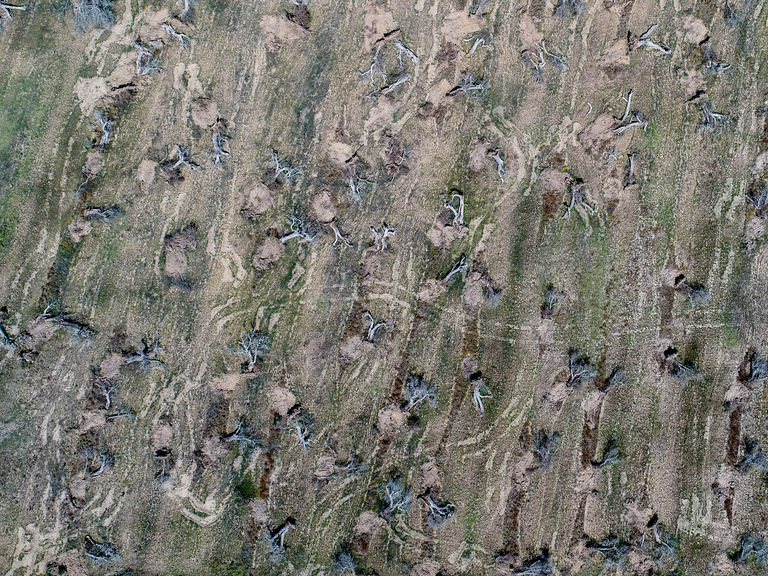Project Detail: Death of the Patriarchs
Contest:
Environment and Sustainability 2022
Brand:
LuganoPhotoDays
Author:
Gianluca Colonnese
Status:
Finalist
Project Info
Death of the Patriarchs
In Apulia, the Patriarchs, called also the Sages, are the age-old olive trees that have characterized the region for hundreds ofyears and are now threatened with extinction. “The misinformation about Xylella has causeddelays in the implementation of measures aimed at stopping or slowing down the olive trees disease progression”, says AlexanderPurcell, professor emeritus at University of Berkeley (CA). At the time of writing, an alternative method to eradication has not been found yet by none of the interested parties.
In Apulia, the Patriarchs, called also the Sages, are the age-old olive trees that have characterized the region for hundreds ofyears and are now threatened with extinction.
“The misinformation about Xylella has causeddelays in the implementation of measures aimed at stopping or slowing down the olive trees disease progression”, says AlexanderPurcell, professor emeritus at University of Berkeley (CA).
Prof. Purcell’s words urged me to deepen the research on this project.
August 2013. Donato Boscia–coordinator of the department IPSP at CNR (National Research Council) –notices an abnormal desiccation in an olive grove in the South of Italy, in Taviano(LE) to be precise. It was the first appearance of Xylellafastidiosaexamined by CNR of Bari where the majority of research is located. Up to that moment, the Xylella bacterium was unknown in Europe, apart from the stories about the damage it caused to the agriculture of North and South America. The Xylella bacterium is transmitted to the plants’ xylem by vector insects and provokes an infection that by clogging lymphatic vessels prevents nutrients from reaching the tips of the plants, eventually causing their death.
Since 2013 the disease has been spreading in Apulia at a pace of 2 km per month, wiping out trees that are 600 years old or so and transforming the affected areas in landscapes of death. The disease proceeds and no effective strategy to stop the contagion is being implemented. After the ecological tragedy in Salento (the area that covers the provinces of Lecce and Brindisi), the risk is the bacterium will spread throughout the whole region, and into adjacent regions like Basilicata and Calabria, and then into the whole Europe with disastrous effects on the environment, the history and the economy of affected areas.
The bacterium is transmitted from tree to tree by an insect called spittlebug (Aphrophoridae). This insect, present in the whole Europe and one of 3 species found in the world, is AphrophoridaeItalica, found only in Italy. The current situation in Apulia witnesses a relentless progression of the insect towards the North. The contagion has already provoked 1,2-billion-euro worth damage and infected 21 million plants.
This environmental disaster affects especially family businesses in Salento that dedicated their lives to olive groves and production of extra virgin olive oil.
Confagricoltura(the most important Italian agriculture organization) is trying to convince the olive groves owners in the areas that have not been affected yet of the importance of eradicating infected trees in order to slow down the disease progression with a successive implantation of new species of olive trees resistant to the bacterium.
In Salento, due to Xylella,a drop of 50% in olive oil production is predicted, while in the rest of Apulia an excellent harvest is expected of over 175%increase in production with respect to the previous terrible olive oil marketing year. Apulia region will produce, on its own, nearly 60% of the national olive oil production. The leaders are the provinces of Bari and Foggia where olive groves, as for the moment, are healthy.
At the time of writing, an alternative method to eradication has not been found yet by none of the interested parties.


















